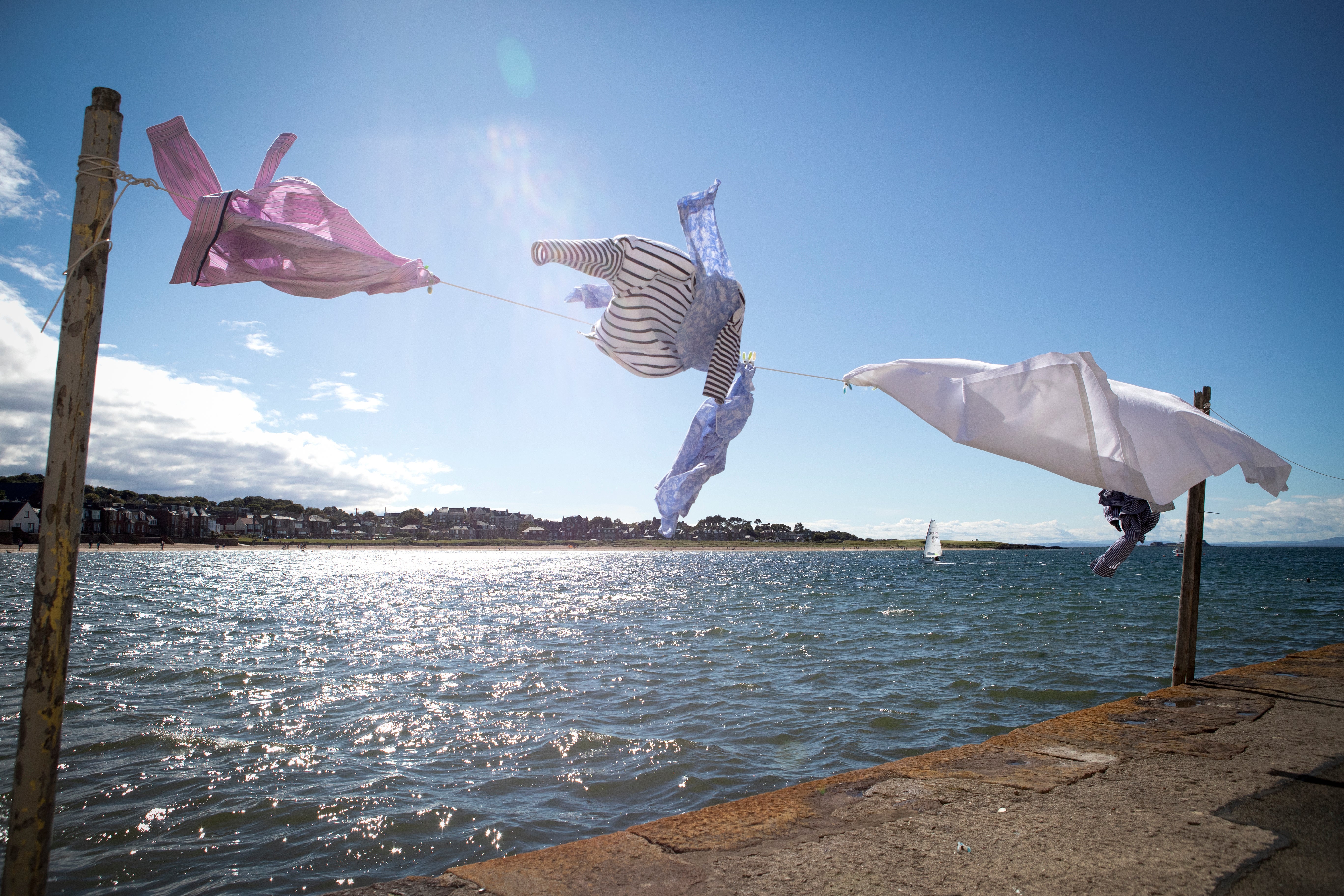How to keep energy costs down as temperatures rise
Summer temperatures and particularly heatwaves can place new pressures on household energy bills, but there are ways to keep costs down.

Your support helps us to tell the story
From reproductive rights to climate change to Big Tech, The Independent is on the ground when the story is developing. Whether it's investigating the financials of Elon Musk's pro-Trump PAC or producing our latest documentary, 'The A Word', which shines a light on the American women fighting for reproductive rights, we know how important it is to parse out the facts from the messaging.
At such a critical moment in US history, we need reporters on the ground. Your donation allows us to keep sending journalists to speak to both sides of the story.
The Independent is trusted by Americans across the entire political spectrum. And unlike many other quality news outlets, we choose not to lock Americans out of our reporting and analysis with paywalls. We believe quality journalism should be available to everyone, paid for by those who can afford it.
Your support makes all the difference.We’ve all looked forward to summer but the cost of living crisis means higher temperatures and the prospect of heatwaves brings with them the worry of new pressures on energy bills.
As temperatures rise, here are tips on how to keep homes cool and comfortable and energy costs at a minimum.
Tweak your boiler
Houses do a good job of retaining heat from the sun, so now is a good time to make sure that central heating is turned completely off.
While you’re there, turn down the hot water thermostat to drop the maximum temperature of showers and baths.
Forget about your tumble dryer
Tumble dryers are massive energy drains, so on warm days hang clothes outside to dry instead.
Defrost your fridge and freezer
Remember to regularly defrost your fridge and freezer as the more they ice up, the more energy they will use.
A full freezer is more economical to run
With a full freezer, the cold air doesn’t need to circulate as much, so less power is needed. If you have lots of free space, half-fill plastic bottles with water and use these to fill gaps. BBC Good Food suggests you fill the freezer with everyday items you are bound to use, such as sliced bread, milk or frozen peas.
Keep windows closed in a heatwave
The obvious thing to do when homes warm up is to open all the windows. However, this can make matters worse as it allows more hot air to enter.
It’s best to use blinds and curtains to block direct sunlight during the day and then open the windows at night when temperatures drop. This allows for colder air to enter and spread throughout the house, helping you to save energy by reducing the need for power-hungry fans.
Use fans sparingly and wisely
Fans, even when used on cooling settings, will send bills soaring. While you shouldn’t stop using them when necessary, there are ways of maximising their effect and cutting the time they are switched on.
Putting fans at floor level helps to circulate the lower cold air rather than the warmer air that naturally rises in a room. You can also create the ideal combination for energy saving by pairing smart fan usage with closed windows, keeping the fans working during the day and the windows open at night.
Invest in insulation
Insulation is usually associated with keeping the heat in during winter, but in the summer months it works to keep heat out, too.